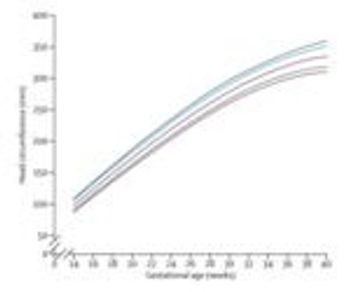
A universal standard for monitoring fetal growth can better detect which fetuses are at risk for intrauterine growth restriction.

A universal standard for monitoring fetal growth can better detect which fetuses are at risk for intrauterine growth restriction.
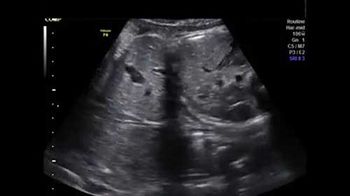
Challenge your diagnostic skills: Is everything normal in this fetal abdomen?

With this new FDA guidance, the group of women for whom laparoscopic power morcellation remains an appropriate treatment option is quite narrowed.
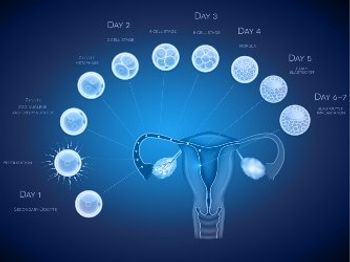
Being overweight can affect fertility, and now there is evidence that maternal weight at conception impacts how a fertilized egg divides and grows.

New technology-inspiring jealousy and one-upmanship everywhere. (Who said pregnant women weren't competitive?)

The inflow Intraurethral Valve-Pump, a device intended for use in women with impaired detrusor contractility (IDC), has been given FDA marketing approval.

AAGL attendees are normally reserved, but on Wednesday they got on their feet to give an ovation to the doctor who engineered the first pregnancy in a woman with a transplanted uterus.

A panel of experts were bested only once at the “Stump the Professors” session at the 43rd AAGL Global Congress on Minimally Invasive Gynecology in Vancouver. A sarcoma was the diagnosis that got away among three complex cases presented to a packed audience.

An isolation bag for morcellation provides the best specimen containment, according to a study presented at AAGL.

What does a cholesterol medication have to do with uterine fibroid tumors? New animal research explains one drug's effect on uterine leiomyoma cells.

Ever wonder about investing in 3D technology, the best candidates for LESS, and the utility of dual-function instruments? Here's one OB/GYN's opinion.

Women who receive the tetanus toxoid, reduced diphtheria toxoid, and acellular pertussis vaccine (Tdap) may not be at increased risk of preterm birth or other adverse birth outcomes, according to a new study in JAMA.

A new study in JAMA Surgery shows that roughly 25% of women with breast cancer who undergo conservative surgery will undergo a subsequent procedure to establish negative margins.

A small study by investigators from Harvard University suggests that cryopreserved embryo transfer (CET) is a strong independent risk factor for placenta accreta in women undergoing in vitro fertilization (IVF)/intracytoplasmic sperm injection (ICSI).
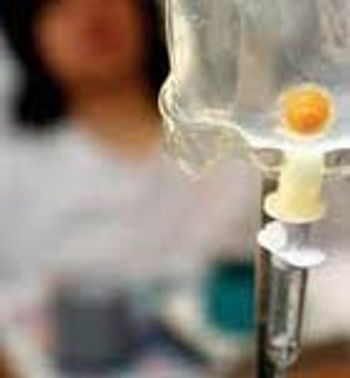
Antibiotics should not be routinely used for pregnant women with ruptured membranes prior to labor at term, unless there are signs of an infection.
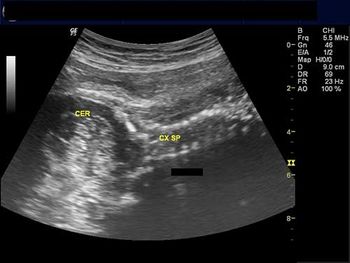
Challenge your diagnostic skills: What's the diagnosis and prognosis based on these images of the fetal brain in a third trimester pregnancy?
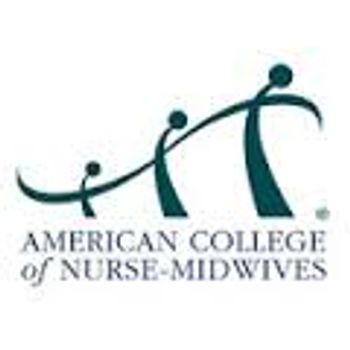
CNMs, CMs, CPMs . . . Elaine Germano of the American College of Nurse-Midwives explains the credentials and how they may affect collaboration efforts.

Women who perceive being pressured by clinicians to have a labor induction or c-section are more likely to undergo the intervention even if medically unnecessary.

The 7th annual March of Dimes Premature Birth Report Card shows that in 2013, the preterm birth rate fell to its lowest in 17 years-11.5%--meeting Healthy People 2020 goals. That number, however, still earns a “C” grade from the organization, which has set a goal of 9.6% of all live births by 2020.

First-trimester exposure to maternal estradiol may increase risk of thyroid dysfunction in offspring conceived via in vitro fertilization (IVF), according to a study in Fertility & Sterility.

High doses of vitamin D, which is an immune booster, aren't protective against bacterial vaginosis in women at high risk for STDs.

In this blog, one OB/GYN discusses her move from a hospital staff physician to a solo private practice, a decision that hasn't come without costs.

PTSD and preterm birth are associated, so knowing your patients' mental health history, particularly when symptoms were last present, is important.
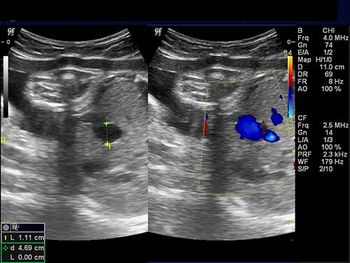
Challenge your diagnostic skills: Is everything fine with this third trimester pregnancy?

Dr. Afshar recounts an experience with assisting a patient with a medical emergency while on a transatlantic flight.

A patient handout prepared by the Society for Maternal-Fetal Medicine to aid in understanding of periviable rupture of membranes.

A common epilepsy medication is not safe during pregnancy and could lead to developmental problems in children.

Two studies show that the emotional impact of uterine fibroids is significant but support is lacking, especially in African American women.

More and more OB/GYN practices are supplementing their medical services with aesthetic services. New data show they are safe, but there's a caveat.

In utero exposure to maternal gestational diabetes mellitus (GDM) or hyperglycemia may increase risk of childhood adiposity in girls, according to a new study.